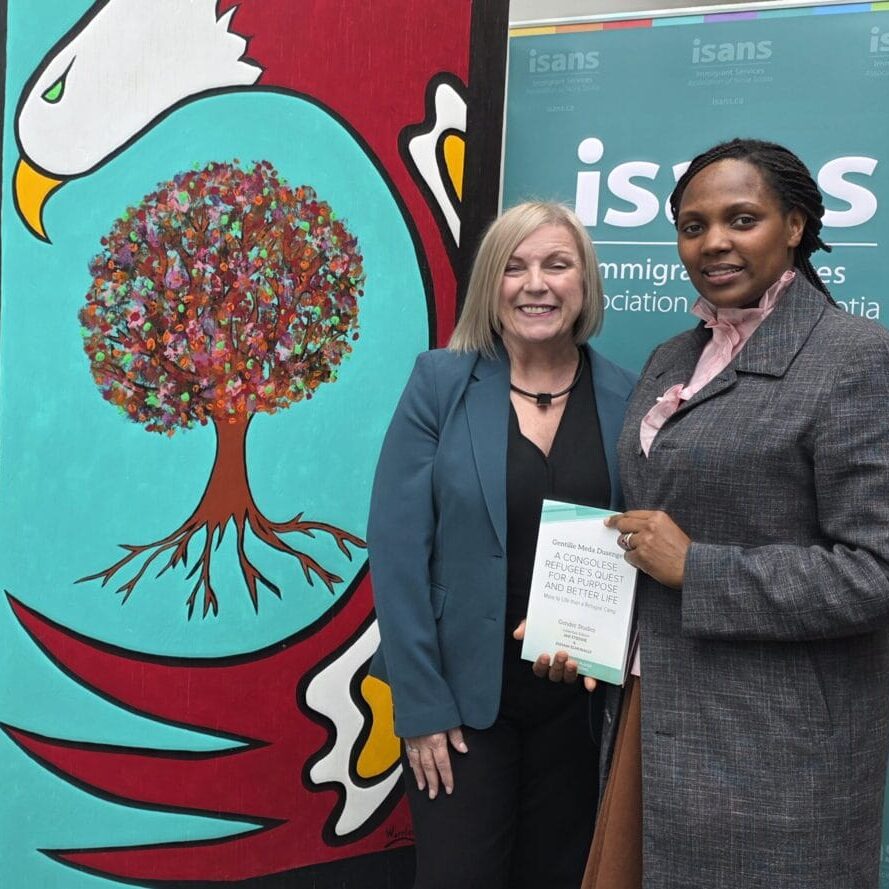Immigration numbers growing under pilot

From the Chronicle Herald, May 3, 2018
Interest in the Atlantic Immigration Pilot Program in Nova Scotia has more than doubled in the past six months.
According to data provided by the Nova Scotia Department of Immigration, as of April 30 the province had designated 406 employers and endorsed 448 candidates through the pilot program since it launched in March 2017. So far in 2018, 247 new candidates have been endorsed.
The Chronicle Herald took a look at the province’s numbers back in November. At the time, 253 employers had been designated but only 170 endorsement applications had been approved, compared to New Brunswick’s 338, and only a fraction of Nova Scotia’s total 2017 allocation of around 800 slots had been utilized.
Nova Scotia’s Immigration Minister Lena Diab said word is spreading among employers and the province is on target to meet its 2018 allocation.
“I think, with anything, this is a new immigration pathway and it takes time for employers and businesses to realize that they can actually use it and to make that determination and decide to use it,” Diab said.
Diab credits the increased uptake in part to work by her department, as well as Immigration and Citizenship Canada and community partners.
She said she and her team, along with federal representatives and partners like ISANS, the YMCA, as well as employers who already have experience with the immigration program, frequently travel around the province to hold information sessions. The two levels of government have also teamed up with groups like the Cape Breton Business Partnership, the Western Regional Enterprise Network, and the Halifax Partnership to further promote the program.
“The awareness and the interest in it continues to grow, and as a result of that Nova Scotia is really on track to maximize our allocations for 2018,” she said.
It’s estimated that 3,260 positions with designated employers will need to be filled in the next two years.
The Atlantic Immigration Pilot Project was announced in July 2016 as part of the Atlantic Growth Strategy, and officially launched in March 2017. The program initially aimed to bring up to 2,000 additional primary immigrant applicants and their families in 2017, and in the fall the federal government confirmed that the program would continue and double to an allocation of 4,000 by 2020.
It’s slightly different from other immigration programs as employers have a big role to play in recruiting and settling potential immigrants. All potential immigrants seeking to utilize the program need a position waiting for them that they are qualified to fill.
Joe McGuinness, co-owner of a number of well-known local establishments like Durty Nelly’s and The Stubborn Goat, was recently designated as an approved Atlantic Immigration Pilot Program employer and will be going through the hiring process in the coming months.
He said both the province and the federal government have been helpful in providing resources and helping him work through the red tape.
“We’re in hospitality. I don’t understand the nuances and the ins and outs of this stuff, and it is a bit of a minefield to go through,” he said.
McGuinness said while there’s no trouble filling positions for servers, bartenders or managers, he has a hard time filling his kitchens with qualified chefs and cooks, leading him to look outside Canada. He hopes to hire six cooks.
Like any employer, McGuinness must prove he cannot fill the positions locally before he can hire through the program.
McGuinness expects it won’t be too difficult to attract the talent he needs through the program.
“Many don’t want to come in under the Temporary Foreign Worker Program and be told ‘two years is up and now you’re gone.’ They’re looking to establish roots in Canada, and this is an immigration program that would lead to permanent residency,” he said. “That is much more attractive than just coming in on a work visa.”
Diab said while she wants to encourage businesses to use the Atlantic Immigration Pilot Program, it’s only one program in a suite of immigration streams. She said her office is there to match employers and potential immigrants to the program that best fits their needs.
“The bottom line is that people come and stay in the province,” she said.
Share this




